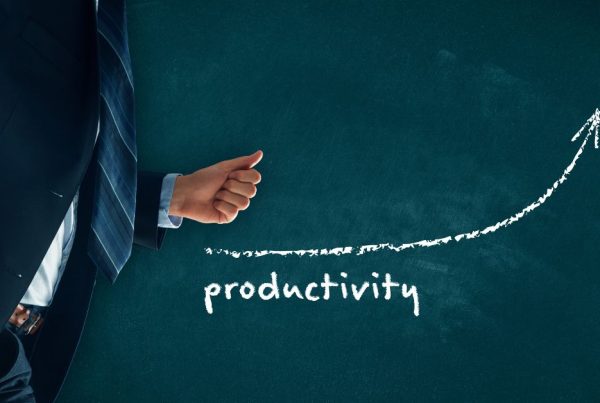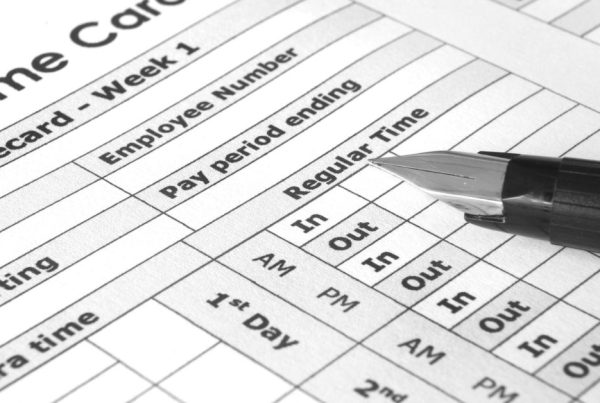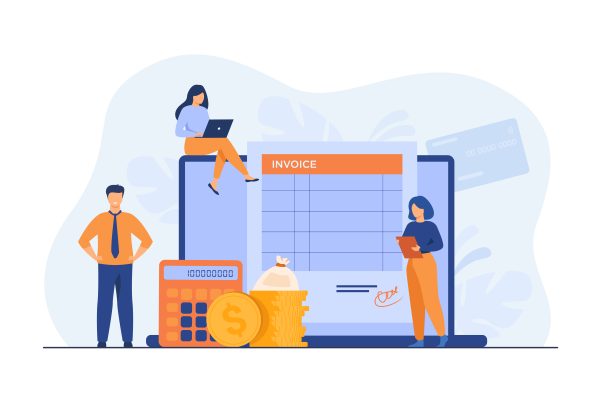
Managing project timelines in R&D can be particularly challenging due to the fast-paced and often unpredictable nature of research and development work. R&D firms, such as the one led by Dr. Elena Moretti, frequently struggle to adhere to deadlines, which can impact their competitive edge and timely market delivery. Implementing best practices for efficient project management, including clear goal setting, effective resource allocation, and leveraging technology for time tracking and reporting, is crucial for overcoming these challenges and ensuring project success.
Understanding the Challenges of Managing R&D Project Timelines
R&D project management is fraught with complexities due to the inherent uncertainties that characterize these projects. Unlike traditional projects, R&D endeavors are dynamic, with goals and deliverables often shifting in response to evolving market needs and emerging opportunities. This fluidity necessitates constant adjustments in product development and resource allocation, making it challenging to maintain a steady project timeline (source).
One significant challenge in managing R&D timelines is the extended duration of projects. Longer projects complicate the management of deadlines and resource distribution over lengthy periods. Additionally, popular project management methodologies like Agile can struggle when applied to extended R&D projects. Agile relies heavily on regular feedback from end-users, which is often lacking in long-term innovative ventures (source).
The impact of these challenges on project outcomes and market delivery can be profound. For instance, a case study involving a public co-funded R&D project by an industrial SME in northern Spain highlighted increased complexity due to tensions between project requirements and standard SME procedures (source). This complexity can hinder progress, stifle creativity, and delay market delivery, ultimately affecting a firm’s competitive edge.
R&D projects also face difficulties in planning and managing collaborative efforts. Teams working on creating new products and services often deal with unpredictable outcomes, yet they must adhere to predetermined schedules, milestones, and costs. Conflicting priorities among executives and departments, coupled with the possibility of major project updates or cancellations at any phase, add to the complexity (source).
In summary, the challenges of managing R&D project timelines are multifaceted, involving uncertainties, extended project durations, and collaborative complexities. Understanding these issues is the first step towards implementing effective strategies and leveraging tools like Minute7 to improve project management and ensure timely market delivery.
Strategies for Efficient Project Management in R&D
Efficient project management in R&D is pivotal to navigating the complexities inherent in research and development work. One of the first steps towards efficient management is setting clear and achievable project goals. These goals provide direction, help in aligning efforts, and allow for the prioritization of tasks. However, due to the uncertain and dynamic nature of innovation, setting realistic goals can be particularly challenging. Employing the SMART criteria (Specific, Measurable, Achievable, Relevant, Time-bound) ensures goals are clear and trackable (source). Involving the team in the goal-setting process can also boost commitment and accountability.
Utilizing project management methodologies tailored for R&D is another critical strategy. Agile methodologies, known for their flexibility and iterative learning approach, are particularly suitable for R&D projects. Agile promotes working in short iterations, which helps in dealing with unknowns and defining the next steps based on generated learning (source). For larger teams or those with critical skills working remotely, a more formal structure like the waterfall methodology can be beneficial. Sometimes, a hybrid approach combining Agile and Waterfall can be effective, allowing different parts of the team to use the method best suited to their needs.
Effective resource allocation and task prioritization are also essential. The first step is assessing your project portfolio to understand the scope, objectives, risks, and benefits of each project. This helps in identifying and prioritizing the most valuable and viable projects (source). Balancing resources ensures that capacity and capability are aligned with priorities, avoiding overloading or underutilizing resources. Clear communication of decisions to stakeholders is crucial for gaining buy-in and resolving conflicts. Regularly reviewing performance and evaluating outcomes helps in measuring the impact of resource allocation decisions.
In summary, setting clear goals, utilizing appropriate project management methodologies, and effective resource allocation and task prioritization are key strategies for managing R&D projects efficiently. By implementing these strategies, R&D firms can better manage multiple projects, meet deadlines, and maintain a competitive edge in the market.
Leveraging Technology for Better Time Tracking and Reporting
In the fast-paced and unpredictable world of R&D, technology plays a crucial role in streamlining project management processes, enhancing efficiency, and ensuring projects stay on track. Modern tools not only help plan and design projects but also facilitate task allocation, timeline management, and provide real-time insights into project status and resource utilization. By leveraging these technologies, R&D firms can align team efforts with project goals, thus contributing to more predictable and successful outcomes (source).
One of the key technological advancements aiding R&D firms is the implementation of time tracking and expense reporting solutions. These tools are essential in measuring the value of work done, tracking project costs, and ensuring accurate resource utilization. Time tracking software provides visibility into task assignments and project timelines, which is vital for making informed decisions on product development (source). Additionally, such solutions support R&D claims by maintaining accurate records of tasks and expenditures, reducing the risk of challenges when claiming tax relief (source).
Minute7 stands out as a comprehensive solution for R&D firms looking to improve their project management through better time tracking and reporting. Its features—such as timesheets, expense tracking, secure data storage, and a mobile app—offer significant benefits. For instance, Minute7’s timesheets allow team members to log hours worked from any device, ensuring accessibility and convenience. This feature is particularly beneficial for R&D firms with remote teams or those working on multiple projects simultaneously. The expense tracking function helps monitor and control project costs, while the mileage calculator and receipt attachment functionalities provide additional layers of detail and accountability.
Moreover, Minute7’s seamless integration with QuickBooks streamlines financial reporting and payroll processes. This integration ensures that all tracked time and expenses are accurately reflected in accounting records, aiding in budget adherence and financial planning. By providing real-time insights into spending patterns and resource utilization, Minute7 enables R&D firms to identify and resolve roadblocks promptly, ensuring projects stay within budget and timeline constraints.
In summary, leveraging technology through solutions like Minute7 can significantly enhance the management of R&D project timelines. By providing detailed and accurate time and expense tracking, Minute7 helps R&D firms maintain control over their projects, improve productivity, and ensure timely market delivery.
Bringing It All Together: The Role of Minute7 in R&D Project Management
In the dynamic realm of R&D, managing project timelines efficiently is paramount to maintaining a competitive edge and ensuring timely market delivery. The challenges inherent in R&D projects—such as uncertainty, extended durations, and collaborative complexities—necessitate the adoption of best practices and advanced technological solutions.
By setting clear, achievable project goals and employing tailored project management methodologies like Agile or hybrid approaches, R&D firms can better navigate the uncertainties and dynamic nature of innovation. Effective resource allocation and task prioritization further aid in aligning team efforts with project objectives, ensuring that resources are utilized optimally and conflicts are minimized.
Technological advancements, particularly in time tracking and expense reporting, play a crucial role in streamlining project management processes. Solutions like Minute7 offer comprehensive tools that enhance visibility, accuracy, and efficiency in managing project timelines. Minute7’s features, such as timesheets, expense tracking, secure data storage, and integration with QuickBooks, provide R&D firms with the means to monitor and control project costs, ensure accurate resource utilization, and maintain detailed records for financial reporting and tax claims.
In conclusion, Minute7 is an invaluable asset for R&D firms striving to manage project timelines effectively. By leveraging Minute7’s robust capabilities, firms can overcome the challenges of R&D project management, enhance productivity, and ensure the successful and timely completion of projects. This not only helps in maintaining a competitive edge but also contributes to the overall growth and success of the firm. For R&D teams looking to streamline their project management processes and improve their time tracking and reporting, Minute7 is the ideal solution.



